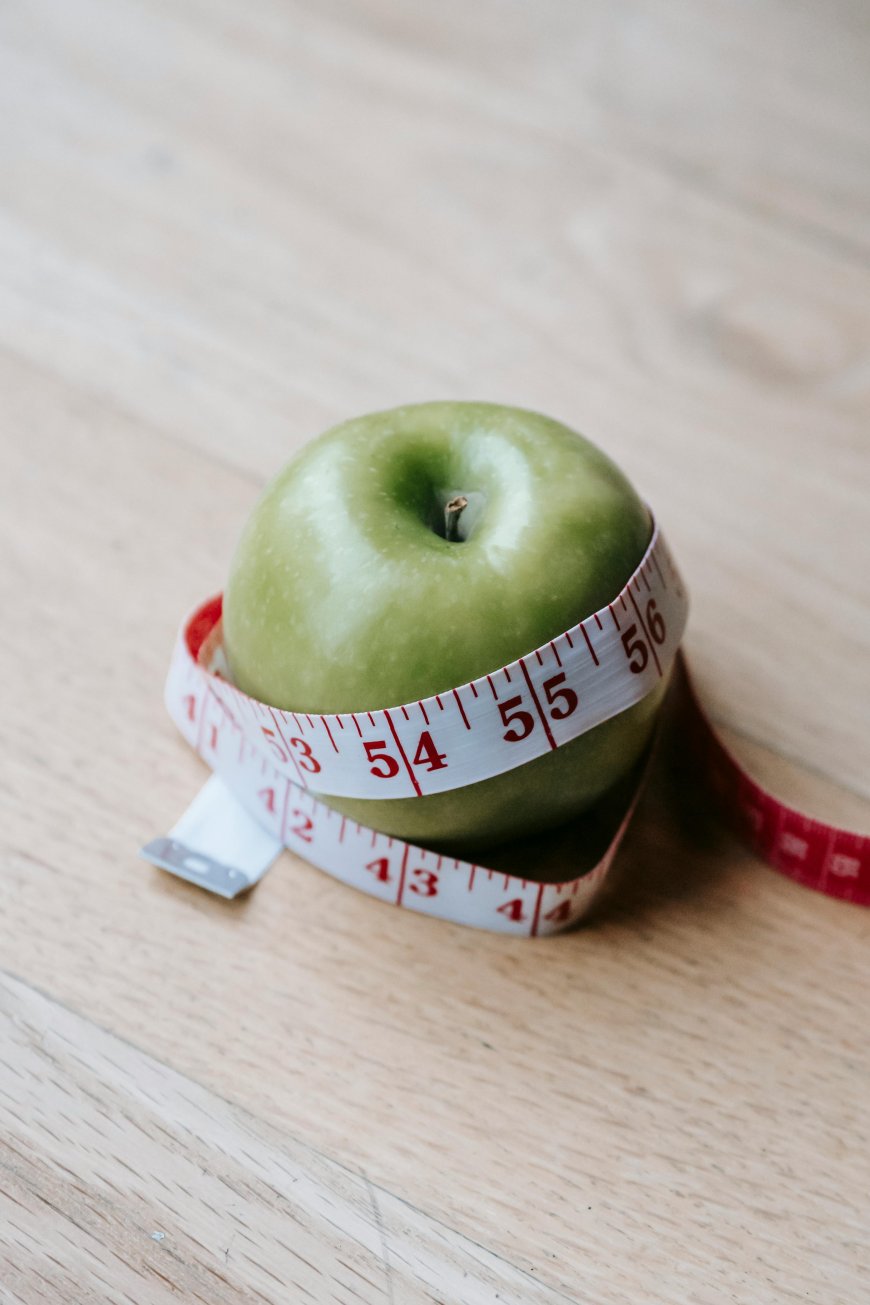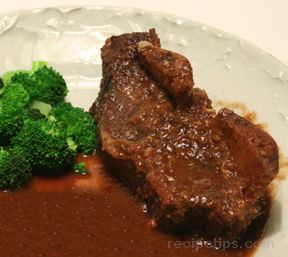Calorie Burn Calculations:
Provide readers with tools and methods for estimating calorie burn during different summer activities, such as using fitness trackers, online calculators, or heart rate monitors.

Understanding how many calories you burn during your summer workouts can provide valuable insight into your fitness progress and help you make informed decisions about your exercise routine. While factors such as intensity, duration, body weight, and metabolism all play a role in calorie expenditure, there are methods you can use to estimate your calorie burn with reasonable accuracy. In this blog post, we'll explore some simple calculations to help you gauge the calorie burn of your favorite summer activities.
-
METs and Activity Multipliers: METs, or Metabolic Equivalent of Task, are a measure of the energy cost of physical activities. Each activity is assigned a MET value based on its intensity. For example, walking typically has a MET value of around 3.5, while running may have a MET value of 7 or higher, depending on speed. By multiplying the MET value of an activity by your body weight in kilograms and the duration of the activity in hours, you can estimate the calories burned.
-
Online Calculators: Numerous online tools and calculators are available that can estimate your calorie burn based on activity type, intensity, duration, and body weight. These calculators often provide a quick and convenient way to estimate calorie expenditure without having to perform manual calculations. However, keep in mind that these estimates are approximate and may vary depending on individual factors.
-
Heart Rate Monitoring: Monitoring your heart rate during exercise can also provide valuable information about calorie burn. Many fitness trackers and heart rate monitors use algorithms to estimate calorie expenditure based on heart rate data, in addition to factors such as age, gender, and weight. While heart rate-based estimates can be more accurate than simple calculations, they may still have limitations and should be used as a rough guide rather than an exact measurement.
-
Keeping a Workout Log: Keeping a detailed workout log that includes information such as activity type, duration, intensity, and perceived exertion can help you track your progress over time and make adjustments to your exercise routine as needed. By recording your workouts consistently and comparing your calorie burn from session to session, you can gain insights into how different activities and intensities affect your energy expenditure.
Conclusion: Calculating calorie burn during summer workouts can help you set realistic fitness goals, monitor your progress, and make informed decisions about your exercise routine. Whether you prefer manual calculations, online tools, heart rate monitoring, or keeping a workout log, finding a method that works for you can empower you to optimize your workouts and achieve your fitness objectives. Remember that while calorie burn estimates can be useful, they are just one piece of the puzzle, and listening to your body's cues and enjoying your workouts are equally important aspects of a healthy and active lifestyle
What's Your Reaction?























































































